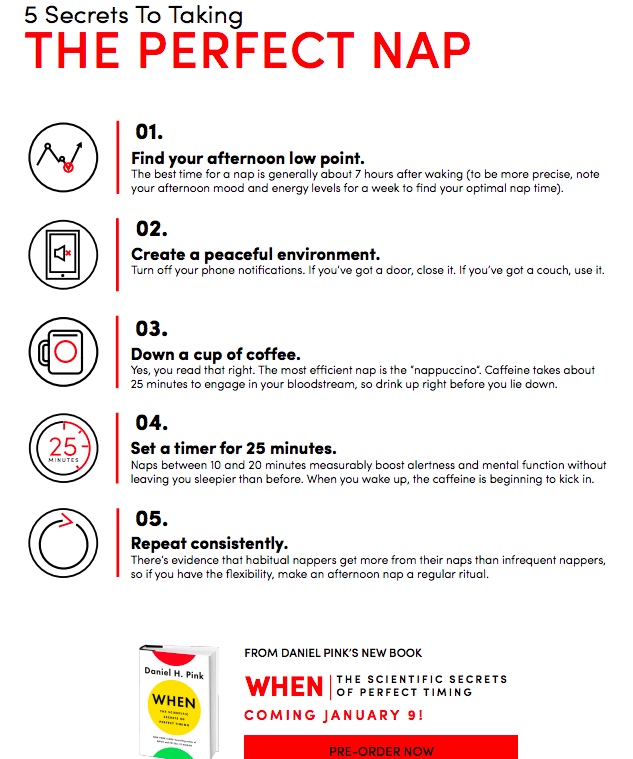It’s a question I’ve often wondered about, but I never seemed to be able to find a suitable answer:
Can you make up for lost sleep?
I’m sure at this point most of us are aware of how important sleep is for our health, both physical and mental.
Ying-Hui Fu, a molecular biologist and geneticist who studies sleep at the University of California-San Francisco, states “To me, the only thing more important than sleep is air and water. You cannot live very long without sleep.”
But despite that knowledge, many, if not most of us, are falling far short of the recommended seven hours of sleep per night.
A study in the current issue of Current Biology points to just how quickly the adverse effects of sleep deprivation can kick in. Researchers at the University of Colorado Boulder recruited a bunch of young, healthy adults who agreed to a stay in a sleep lab. Some were allowed to sleep no more than five hours per night for five consecutive days. “After five days, people [gained] as much as 5 pounds,” says study author Christopher Depner. Depner and his colleagues also documented a decrease in insulin sensitivity among the sleep-deprived participants. “In some people, it decreased to a level where they’d be considered pre-diabetic.”
However, such research may not address the full picture.
Dr. Chris Winter, a sleep specialist in Charlottesville, Va., believes that the short-term effect of inadequate sleep is that you’re a little more sleepy — your concentration is poor, or [you may lose] words on the tip of your tongue. But he does not believe there are any long-term effects from the occasional lack of sleep.
Winter says our bodies are good at compensating for a poor night’s sleep. “That correction is probably going to happen fairly quickly,” Winter says. “You only got four hours of sleep last night, so you’re probably going to sleep quite well the upcoming night.
A recent longevity study suggests this is OK. Researchers in Sweden looked at how the amount of weekday and weekend sleep was associated with life span. The study included about 44,000 people who were followed for 13 years. The researchers found that people who tended to get less sleep during the week, but who made up for it with extended weekend sleep, did not have an increased risk of premature death. The researchers concluded that “long weekend sleep may compensate for short weekday sleep.” They published their findings in the Journal of Sleep Research.
As Winters points out, seven hours per night works out to 49 hours for the week. If you can hit the 49 hours per week, and not necessarily the seven hours every night, you should be OK.
Another possible way to make up for lost sleep is though napping.
Jim Horne, a sleep researcher and professor emeritus of psychophysiology at Loughborough University in the U.K. notes that “a 20-minute nap can make up for one hour of lost sleep”. Horne also points to a review study that concluded that daytime naps can help boost performance — everything from improved memory recall to being more alert. But, here’s a tip: Don’t take a nap after 3 p.m., or it’s likely to interfere with your nighttime sleep.
Dan Pink, of TED talk fame and a bestselling author, offers some tips on how to take an effective nap, which he calls a nappuccino. These tips come from his latest bestselling book, “When: the Scientific Secrets of Perfect Timing“.
So my guess is that all of this works within limits. If you are getting five hours of sleep during the week, that leaves you 10 hours short of the recommended 49 hours. That would mean you’d have to sleep 12 hours per day on both days of the weekend. (Is that you, David Kanigan?) That does not seem healthy. Rather, I think these guidelines are suggesting that if on occasion you miss a couple of hours of sleep during the week, those hours can be made up either thorough napping or by sleeping longer hours on the weekend.
All this talk of sleep is making me tired; if I go to sleep now, I’ve got a shot at getting my seven hours in; if not, I may have to force myself to take a nap at some point tomorrow. The things I do for my health…

